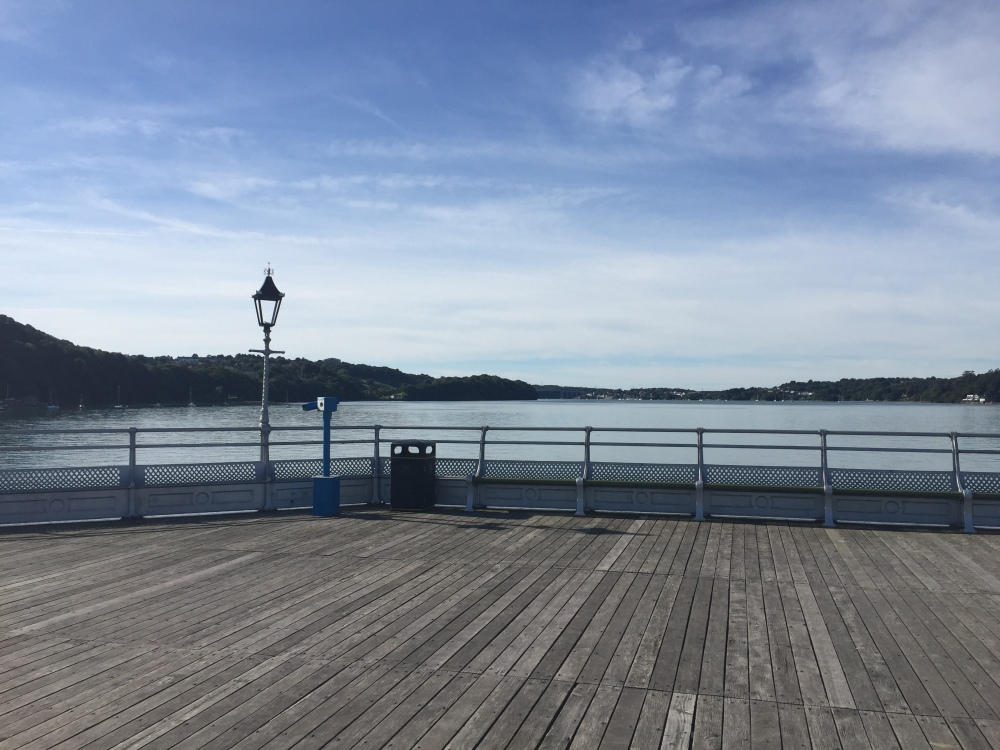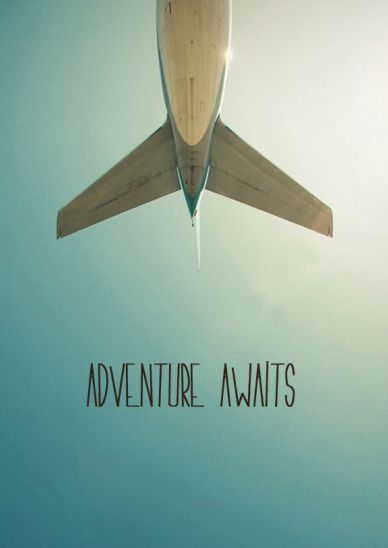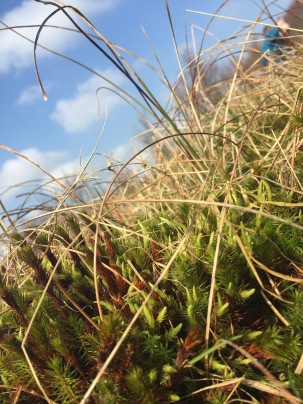Well this is it… my final post… I basically want to sum up the past year with this module, which has been surprisingly useful. I initially chose it because it ran over both semesters and appeared to have a decent workload and most importantly no exam at the end of the year

The seminars
The College of Natural Sciences have run these seminars almost weekly for as long as I have been at Bangor but before this year I had only really attended a couple. Now I wish I had gone to more.
If you’ve read most of my other posts you can probably guess that I have more of an interest in the conservation of species and on a landscape scale than subjects like microbiology. Don’t get me wrong I found the ruminant gut seminar by Dr. Sharon Huws very interesting… but it’s just not something I fancy or see myself going into.
The first seminar conducted at the start of the year, which at this point feels like not that long ago, about trophic cascades in a freshwater ecosystem was probably one of my favourites. It went along nicely with my freshwater ecosystems module that I was taking at the same time as well as my dissertation on Llyn Ogwen and Llynnau Mymbyr. If you flick through my notebook, you’ll also notice which seminars I found interesting just by the sheer pages of notes. Despite being on a subject I was already interested in the seminar highlighted another pathway and more career prospects in the field of wetland and freshwater science.
My favourite lecture by far was the last seminar I attended about human-wildlife conflict mitigation and African lions by Dr. Jackie Abell. How organisations approach conserving species and their interactions has always interested me and feel it’s a shame that so many projects and efforts become unsustainable because they don’t consider the largest predator that has the greatest effect on ecosystems, human beings. As a social scientist Dr. Abell she gave an interesting perspective that included the needs and wants of the local people who live and interact with lions on a daily basis rather than dictating what they should do in the short-term which generally doesn’t last.
I also loved Dr. Russell’s seminar on future opportunities in southern Chile. It gave me a sense of “I could do this” or “I could do that”. At the time of the lecture I was going through a stressful period consisting of too many assignments and other things, but I won’t go into details about those, so I kind of had the idea of “sod this let’s run away” but you power through and come out the other side relieved. Well… to be honest I probably used a worse word than sod but I don’t think it would be appropriate to exactly quote what I said, not on something that’ll be getting assessed. I’ve always loved to travel and my “to visit” list just got longer after hearing about this remote part of Chile.
The workshops
Like this whole module in general I didn’t have high expectations about the workshops, but then again I didn’t know how they would be set out or on. Before this year I had limited experience with interviews and no experience with how to conduct a business pitch (except at secondary school but I’m not sure if that counts).
I found that the careers cafe was one of the most useful. All the guest speakers had relatively similar degrees but all went on to use them in very different ways. For a third year who, quite frankly, doesn’t have a clue what she wants to go into, being told that you don’t have to have a definite career plan or it’s totally fine to have deviations to better options you never expected and come out of nowhere.
The interview skills session was on one hand both useful and difficult. I appreciated being asked questions that employers would ask in a typical interview in a formal session. Although, I found the feedback fairly subjective. By alternating lead interviewers, I felt that people weren’t being assessed on the same scale, where one person could mark fairly and another harshly, therefore producing various results and scores. Then again it would take an entire day for the same panel to interview a class of approximately more than 50 students.
The assignments
Ultimately I found the assignments pretty stressful, but aren’t they all.
The assignment I was most gladly sought help for and found most useful was the CV. It was nice to have an opportunity to where another, impartial set of eyes to look through it. The accompanying workshop enabled me to learn how to pick apart job advertisements and therefore tailor your CV for that job, increasing your chances of being what the employers are looking for.
The business plan assignment was the one I found the most stressful, this was probably because I had never done one before and didn’t have an idea where to start. I couldn’t quite comprehend how the plan should be set out or what to include let alone how to calculate profits/losses. Luckily everything is just a Google away.

To the future…
In conclusion, I have thoroughly enjoyed this module much like all my other modules over the past 3 years, ups and downs included.
Time to address that question your family members love to ask…
“So what do you want to do when you finish university?”
I don’t really know what to do after university or where my degree will take me but what I do know is I would very much like it to be focused on wetlands and other freshwater ecosystems.
After completing this module, I feel like I have picked up a few useful skills that would make networking and job hunting that little bit easier.
What I’m doing in the near future is something I do know.
Next year I have applied and will, hopefully, be living and studying in the Netherlands specifically at the University of Leiden. Whilst in Leiden I will be studying similar topics to what I have done in Bangor so it would be nice to see similar issues from a different perspective. During the initial interview for the exchange in January I described the Netherlands as the gateway to the rest of Europe. By this I aim to use its location to easily explore other European cities. You never know I might tick a few places of my “to visit” list.


